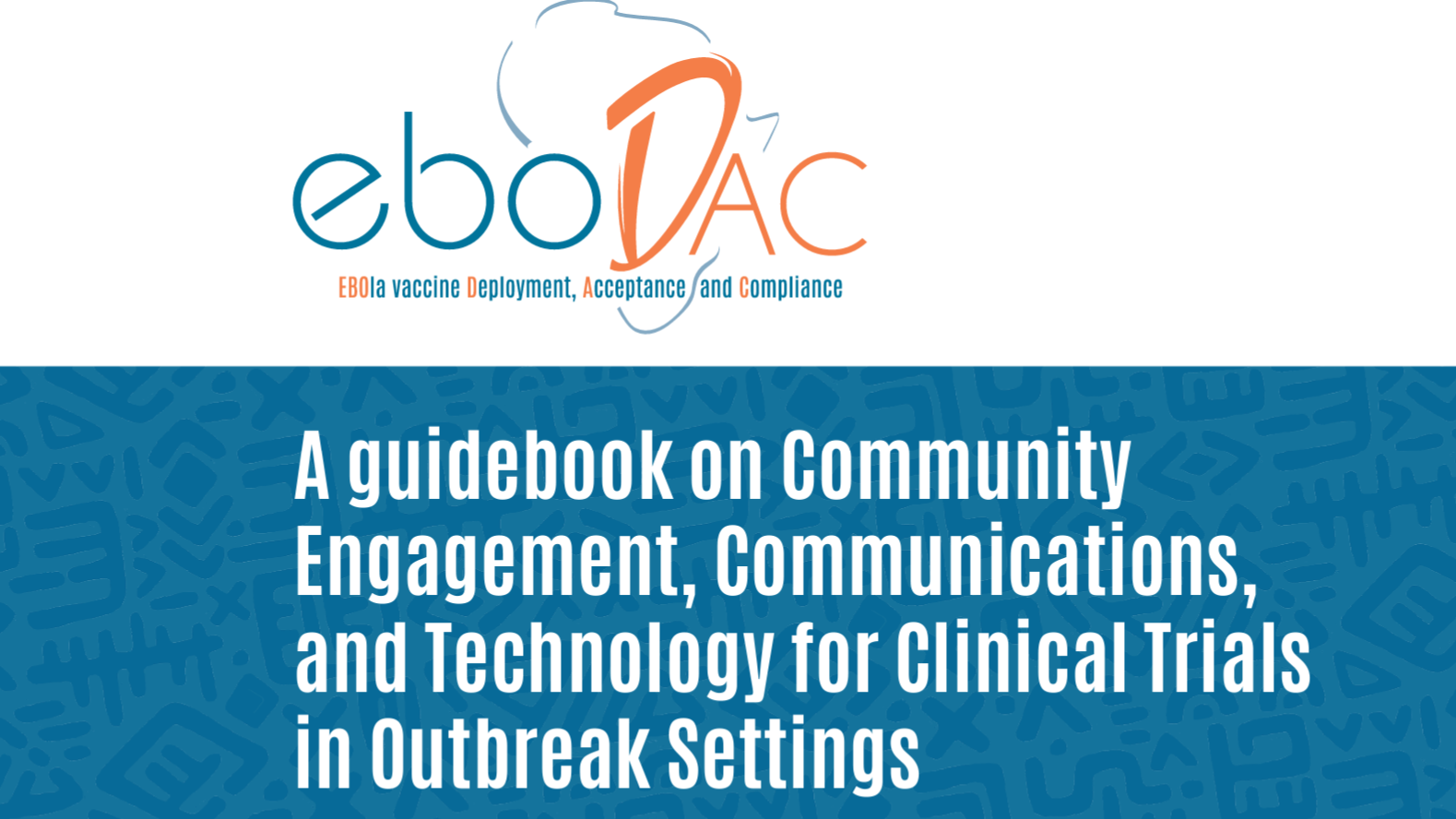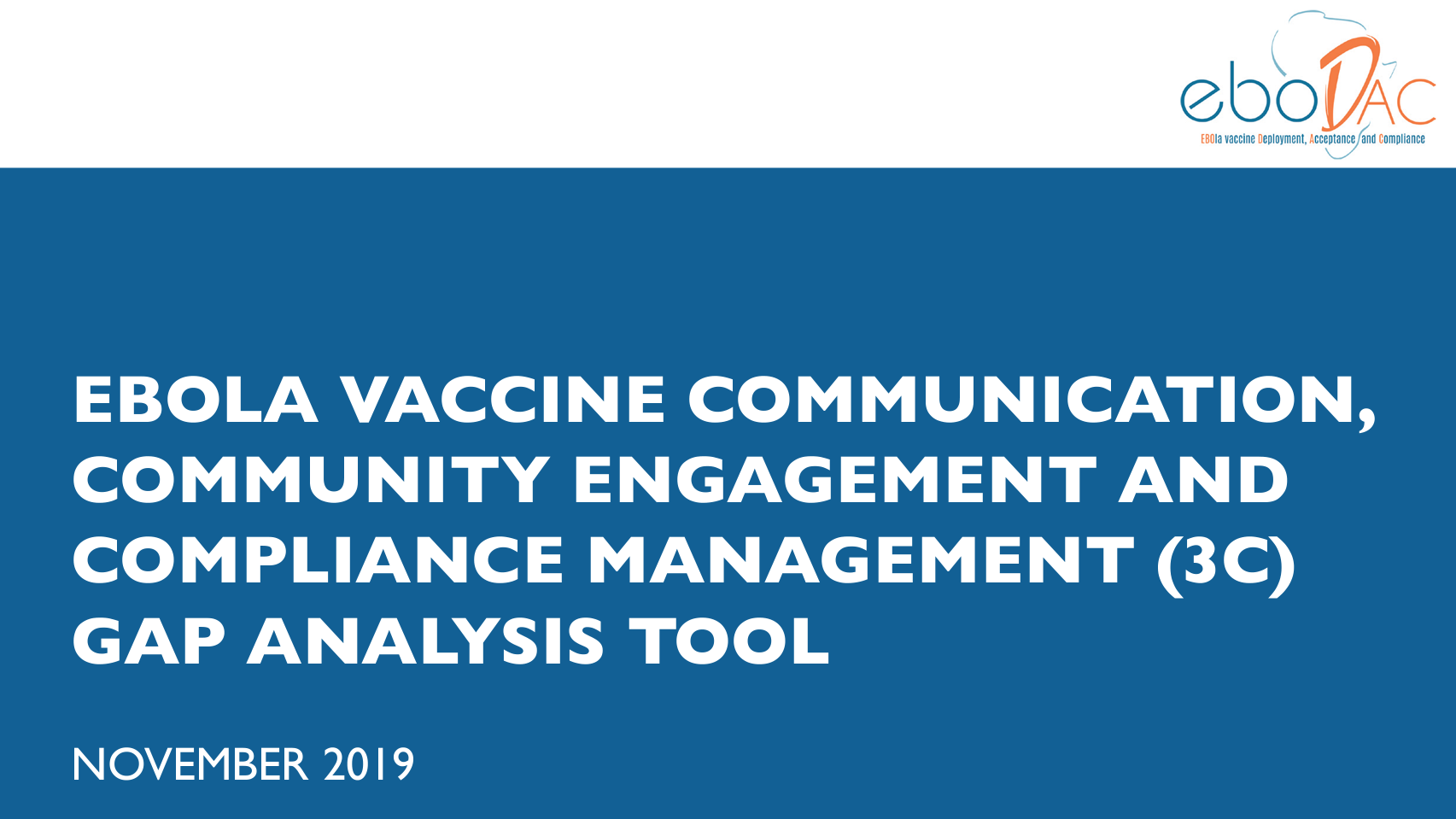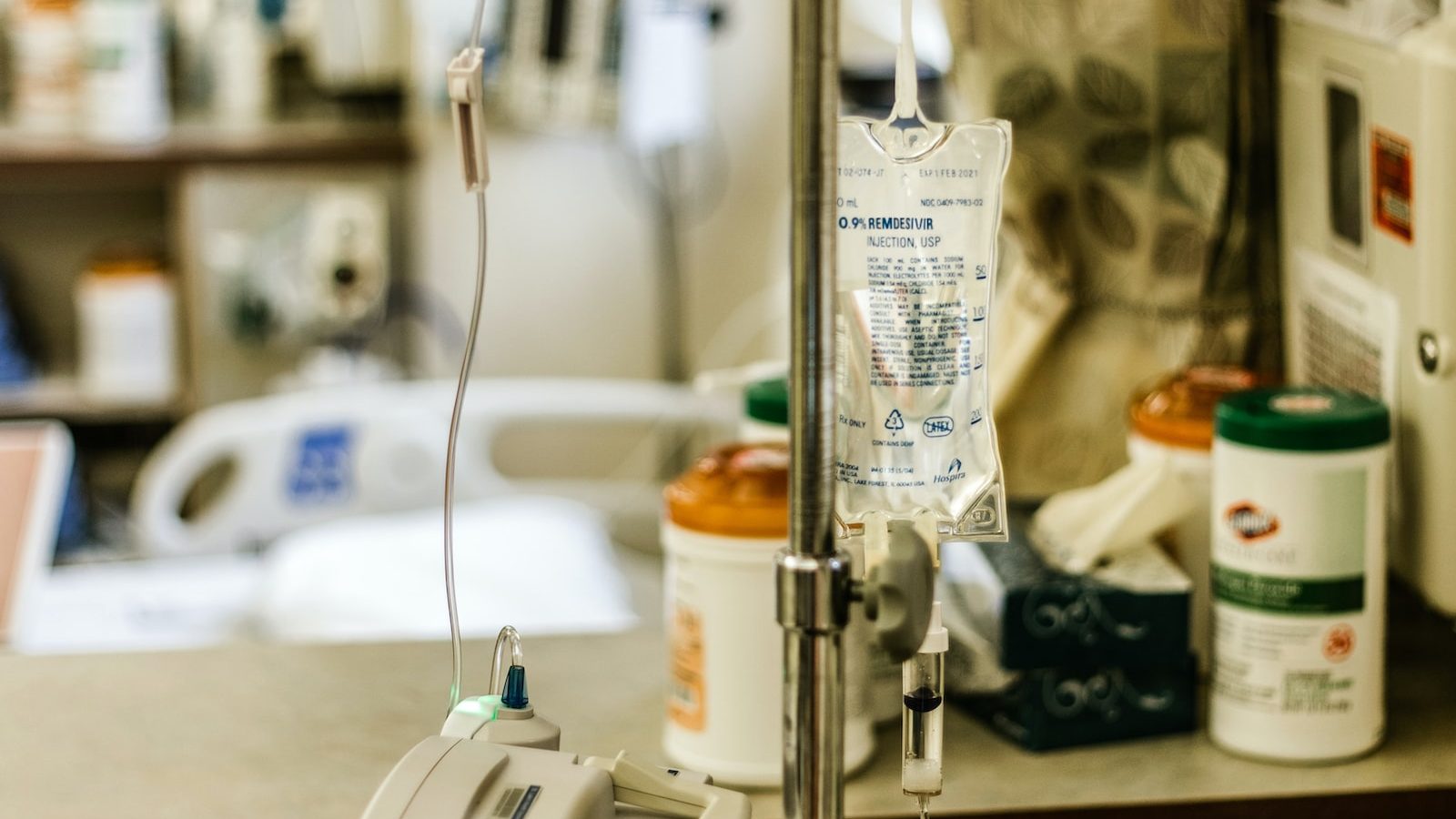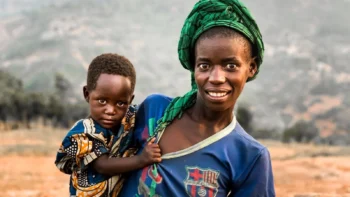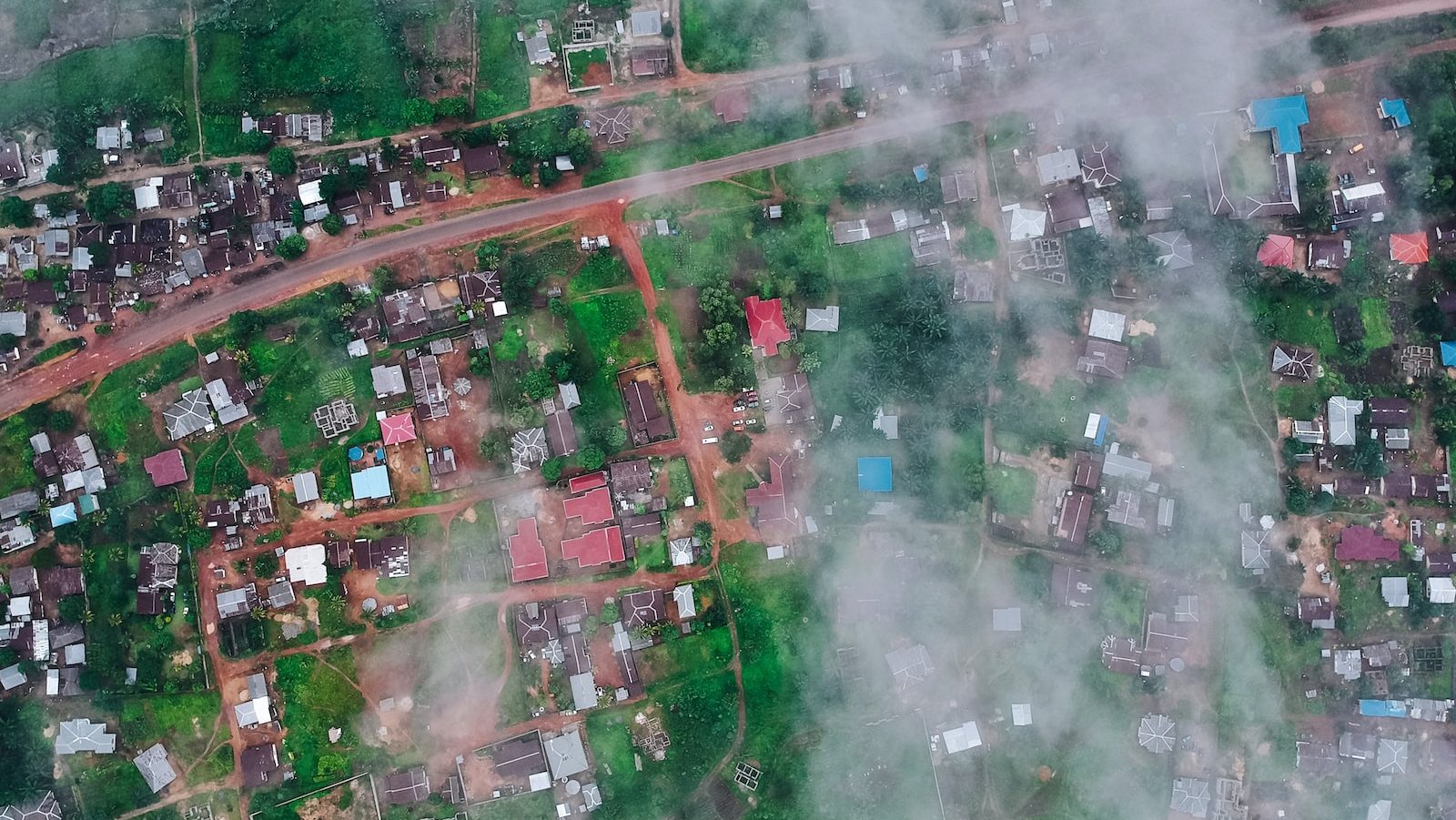Overview
When the EBODAC (Ebola Vaccine Deployment, Acceptance and Compliance) project started in late 2014, Ebola had already killed over 8000 people in just a few short months, most of them in the western African nations of Liberia, Guinea and Sierra Leone. With the outbreak continuing to devastate lives across the region, fear and anxiety were rife, and rumours spread rapidly through local communities. It was against this backdrop that the EBODAC project set out to develop strategies and tools to encourage the acceptance and uptake of new Ebola vaccines.
Vaccine Confidence Project founder and director Prof. Larson led a consortium of partners to support trust building around recruiting participants into clinical trials of the two-dose Ebola vaccine regimen Ad26.ZEBOV (Zabdeno®), MVA-BN-Filo (Mvabea®) in four African countries – Sierra Leone, the Democratic Republic of the Congo, Rwanda and Uganda. This included investigating the evolution and impacts of negative rumours, such as those that led to the suspension of two Ebola vaccine trials in Ghana.
Simultaneously, the project helped to prepare for the future deployment of a licensed vaccine through a series of linked projects focused on community engagement, enabling technologies and clear communication methods to build confidence and address misconceptions surrounding the vaccine in the community.
“Perhaps the most important lesson I have learned, working with individuals, faith leaders, health workers and communities to ensure 130,000 people received a two-dose vaccine, is how much we all need compassion and empathy. It is understandable that people are scared and tired and frustrated. Telling them they’re wrong to be opposed to a vaccine doesn’t help; working with them to think critically about their sources of information is far more effective.”
Robert Kanwagi, VCP Research Fellow and Africa Lead,
Source: World Vision.
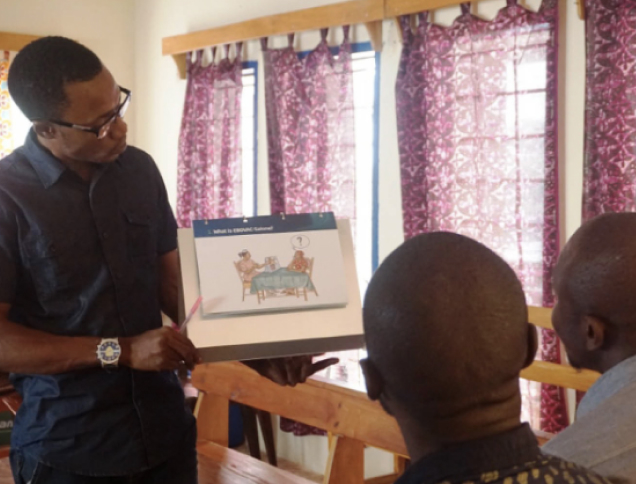
Photo credit: Anneleen Vulchelen
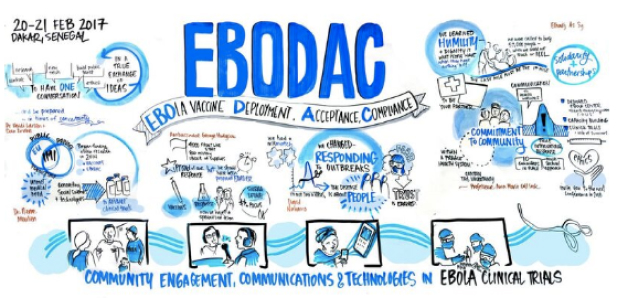
Photo credit: EBOVAC Projects
Community engagement underpinned by research and expertise
The EBODAC project drew on its research-based knowledge on drivers of vaccine hesitancy and social science expertise to organise effective participant-driven meetings to address rumours circulating among vaccine clinical trial participants.
Participant advisory groups composed of local “listeners” set up in clinics administering the vaccine and met weekly with the trial’s doctors to share information about what they had been hearing in the community, enabling early detection and response to barriers to vaccination. For example, at one point a rumor circulated that the health workers were stealing the participants’ blood. In response, the workers explained that only a little blood was being taken, and they showed the participants the vials. The project team also tackled fears by following the local tradition of offering condensed milk to make participants feel better after giving blood.
On another occasion, people were worried that, because they were being offered insurance as part of the trial, something was expected to go wrong. The insurance offer was subsequently reframed as, “We don’t expect any problems, but we care about your health.” The trials saw very high participation rates, and a large number of people coming back for a second dose — a rare feat in public health.
Another challenge was ensuring adherence to the two-part vaccine schedule. The team used automatic text reminders and innovations such as fingerprinting/iris scanning to make sure the same person received the second vaccination.
Impact
The EBODAC project contributed to the successful vaccination of all participants in the Ebola vaccine trials (over 700), and is now used as an exemplar of how a good community engagement strategy can ensure the smooth running of clinical trials.
For Prof. Larson, the success is proof of her overall strategy: Building trust starts with asking the right questions, and doing the work to learn what those are. Every situation — every community of troubles and rumors — is different.
Lessons for future outbreaks
In order to share the important learnings from the project with a broader scientific community, the EBODAC team organised a symposium in Dakar, Senegal in 2017. More than 100 participants attended the meeting, mostly African experts with experience in Ebola clinical studies, communications and community engagement. The learnings from the symposium have contributed to a training resource that is now available as an open-access tool for anybody who is interested in community engagement, communications and enabling technologies – such as mobile training platforms and mobile biometrics – for clinical trials in outbreak settings.
Learnings from the project were also shared in a colloquium – a series of recorded panel discussion videos covering topics such as ‘Trust and Community Engagement and Rumour Management.’ Moreover, in 2019, the EBODAC team developed and piloted the 3C Gap Analysis Tool to help establish a countries readiness for Ebola vaccine deployment in non-emergency and emergency scenarios.
EBODAC Symposium Testimonials
Testimonials from the EBODAC Symposium: Community Engagement, Communications and Technology in Ebola Clinical Trials held in Dakar, Senegal, in February 2017.
